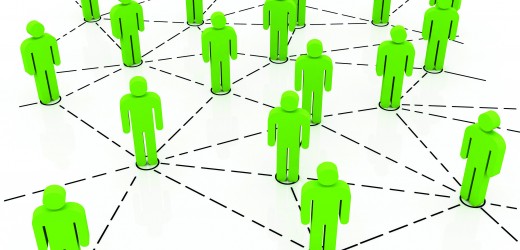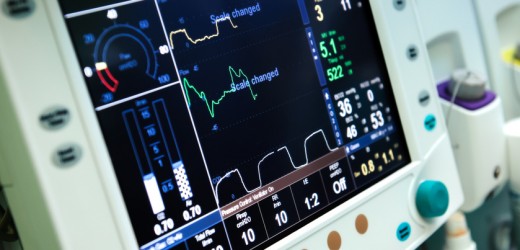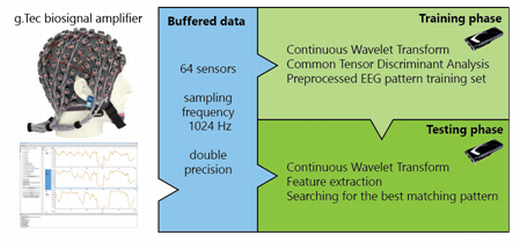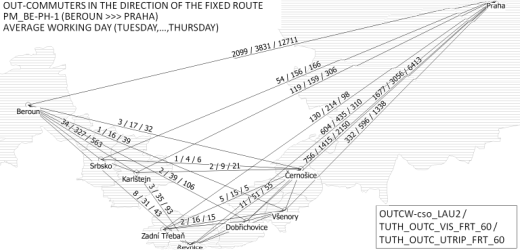Our key fields include biomedicine, smart grids, and massively parallel computing. We are focused on efficient methods for knowledge mining and processing.
The volume of data generated from different sources continues to increase very fast and thus need for new efficient knowledge mining and processing methods is implied. Data needs to be appropriately structured and stored, and easy to extract and analyze in order to acquire knowledge, which would not be otherwise possible unless sophisticated methods and algorithms are used.
In our research focused on processing large structured data sets, extraction of knowledge from data, and for example, dimension reduction of dimensional data, we study bio-inspired methods.
By means of studying natural phenomena, processes, and theoretical models, these methods (bio-inspired methods, softcomputing methods, etc.) allow development of computing systems and algorithms able to solve complex problems otherwise unsolvable (or only partially solvable) using traditional methods.
Another key research area of our laboratory is the field of formal methods oriented towards knowledge approaches to software systems development. Essential topics in this area to be addressed include, in particular, development of state-of-the-art methods for efficient design and verification of software systems, and the application of formal methods for specification of the software process and its efficient administration.
PortfoliO
Smart grids
Smart grids primarily include active management design in standardized structures, design of smart grid conceptions for autonomous units (micro grids, small grids, active microregions), and modelling the impact of smart grid application on the socioeconomic status of populations within the groups inside and outside smart grids with active management.


Evolution of predicates and classifiers for data mining
Fuzzy predicates and classifiers allow, for example, estimation of steel product quality, prediction of photovoltaic power station output, estimation of power plant generator voltage, estimation of seriousness of traffic accidents, and computer system detection, among others.
Telemedicine applications
Telemedicine applications in the project include both hardware and software solutions for monitoring biotelemetric data using miniature mobile devices and vast signal processing. The objective is to innovate and develop an implementation of a functional prototype of a remote health care system featuring a device monitoring basic life functions.


EEG study
The main objective of EEG signals study is to measure and further analyse electrical activity on the human scalp. The human brain has approximately 100 billion neurons. In simple terms, the EEG signal can be described as the sum of electrical activity of these neurons. Conventional devices designed to measure brain activity usually have 24 scanning electrodes.
We have a modern laboratory EEG scanning device with up to 128 sensors, which provides more complex insight into brain activity. This device allows real-time scanning and generation of a large amount of data, the subsequent analysis of which requires appropriate computing power. Therefore in this application area, we are focused on utilization of state-of-the-art hardware emphasizing possible parallelization of computations.
Complex network analysis
Complex network analysis (social, information, technology, transport), for example, DBLP and OD matrix analysis.

